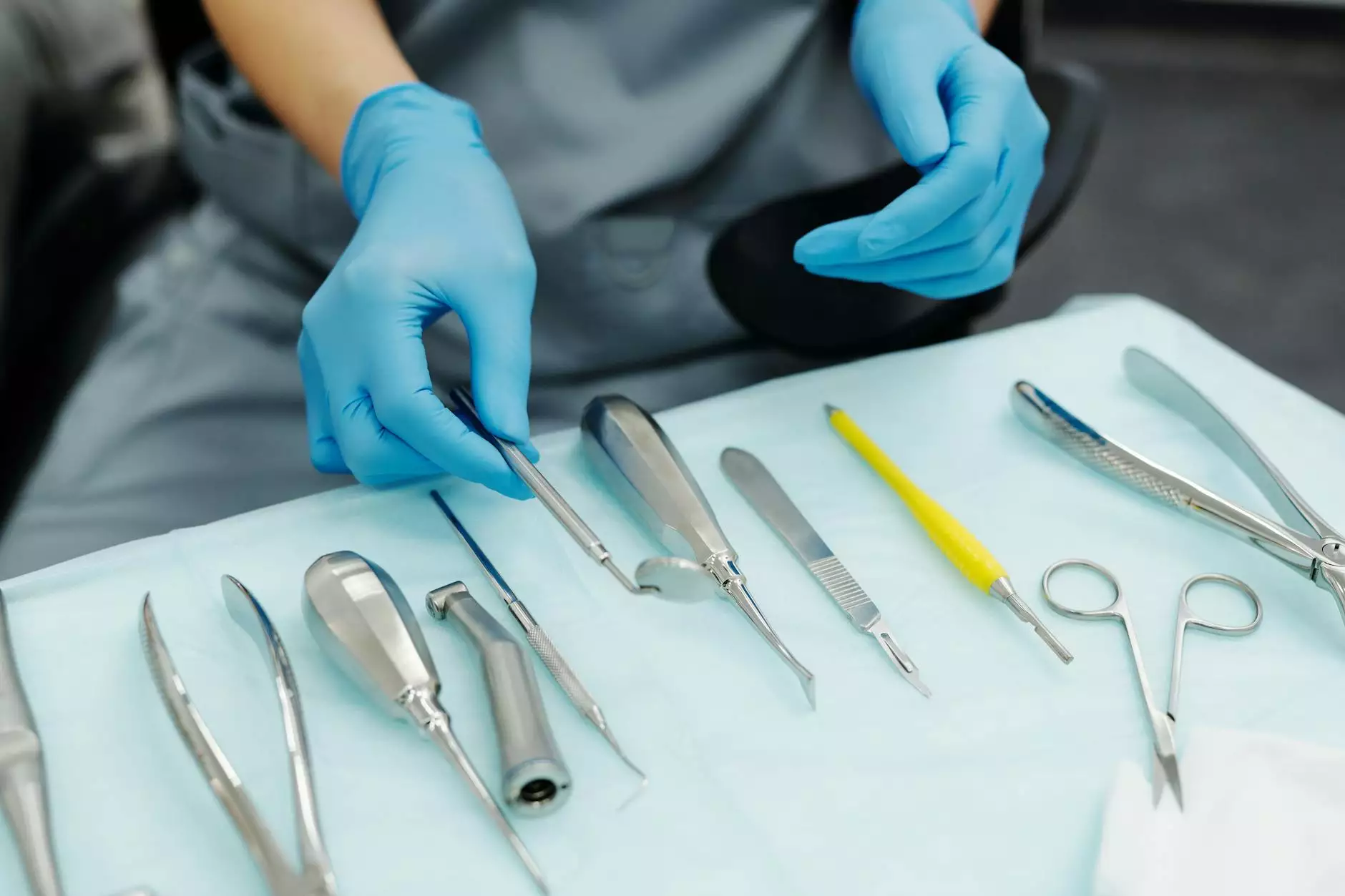Effective Rice Bug Control: Essential Strategies for Farmers

Rice farming is a vital sector in agriculture, supporting millions of livelihoods worldwide. However, it faces numerous challenges, particularly from pests such as the notorious rice bug. In this extensive guide, we will delve into rice bug control strategies that empower farmers to protect their crops effectively. At TSGC Inc., we are committed to providing outstanding farming equipment repair services that enhance productivity and sustainability.
Understanding Rice Bugs
Before implementing control measures, it's vital to understand what rice bugs are and their impact on rice cultivation. Rice bugs, particularly the brown plant hopper (BPH) and rice leaf folder, are known to cause significant damage to rice plants by feeding on their sap. This feeding can lead to:
- Stunted plant growth.
- Reduced crop yield.
- Increased susceptibility to diseases.
- Economic losses for farmers.
The life cycle of these bugs typically includes an egg stage, several nymph stages, and adult stages, allowing for rapid population growth if not managed effectively.
Identifying Rice Bug Infestation
Successful rice bug control begins with proper identification of the pests. Look for the following signs:
- Visible insects on the plants, especially on the undersides of leaves.
- Yellowing or wilting leaves.
- Sticky residue on leaves, indicating the presence of honeydew from aphids or similar pests.
- Presence of black fungus (sooty mold) due to honeydew.
Regular field inspections are crucial to catch infestations early and manage them effectively.
Prevention Techniques for Rice Bug Control
Preventing rice bug infestations is more effective than managing them after they occur. Here are several proactive measures farmers can adopt:
1. Crop Rotation
Incorporating crop rotation into your farming practice can disrupt the life cycle of rice bugs. For instance, alternating rice crops with legumes or other non-host plants can reduce pest populations.
2. Soil Health Management
Maintaining healthy soil is paramount. Healthy soils promote robust plant growth, making rice plants more resilient against pests. Employ practices such as:
- Organic amendments (compost, manure).
- Cover cropping during the off-season.
- Minimizing soil disturbance.
3. Optimization of Water Management
Rice crops thrive in waterlogged conditions, but poor water management can lead to pest proliferation. Techniques such as alternate wetting and drying can reduce infestations.
Biological Control Methods
Biological control harnesses natural predators or parasites to manage pests, offering an environmentally friendly approach:
- Predators: Introduce beneficial insects such as dragonflies, spiders, and certain beetles that naturally prey on rice bugs.
- Parasitic wasps: Utilize wasps that lay their eggs in rice bug eggs, thereby reducing their populations.
- Nematodes: Certain nematodes target and infect the larval stages of rice bugs.
Implementing these methods creates a balanced ecosystem within the rice paddy fields, leading to sustainable pest management.
Chemical Control Options
Although chemical treatments should be a last resort, they may be necessary during severe infestations. Farmers should consider the following when using pesticides:
- Choose selective insecticides: Opt for products that target rice bugs while causing minimal harm to beneficial insects.
- Follow label directions: Ensure proper dosage and application techniques to minimize environmental impact.
- Timing: Apply insecticides in the early morning or late afternoon when pest activity is highest.
Integrated Pest Management (IPM)
The concept of Integrated Pest Management (IPM) combines multiple pest control strategies to create a comprehensive approach. Components of an effective IPM strategy include:
- Regular monitoring and scouting for pests.
- Setting action thresholds for pest populations.
- Combining cultural, biological, and chemical controls.
- Educating farmers and workers about pest management practices.
Implementing IPM can dramatically reduce reliance on chemical pesticides while promoting sustainable agriculture.
The Role of Farming Equipment in Pest Management
Efficient farming equipment plays a crucial role in the success of rice bug control efforts. Here’s how:
1. Precision Sprayers
Modern precision sprayers ensure uniform and targeted application of pesticides, reducing chemical usage and protecting beneficial insects.
2. Monitoring Tools
Utilize monitoring devices such as insect traps and pheromone lures to track rice bug populations effectively.
3. Repairing and Maintaining Equipment
Regular maintenance of farming equipment is essential. At TSGC Inc., we provide expert farm equipment repair services to keep your machinery in optimal condition. Properly functioning equipment improves efficiency and minimizes downtime during critical periods of pest management.
Conclusion: Taking Action Against Rice Bugs
Effective rice bug control is vital for the success of rice farming. By employing a combination of preventive measures, biological controls, and careful use of chemicals, farmers can protect their crops and ensure sustainable production. Remember, at TSGC Inc., we offer not only top-notch farming equipment repair but also expert advice on maintaining an effective pest management program tailored for your needs.
Investing in rice bug control not only benefits your immediate harvest but also promotes a healthier ecosystem and a more promising future for agricultural practices. Stand against rice bugs today, and secure the rich yields that your hard work deserves!









